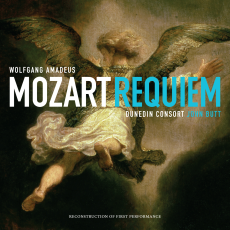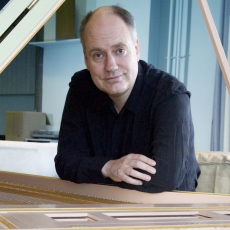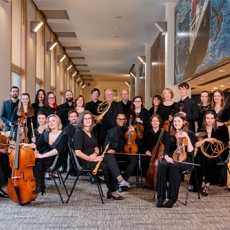Dunedin Consort - Mozart: Requiem - The Telegraph
Many years ago - probably in 1967 or 1968 - I sang in the choir for an "authentic" performance of Mozart's Requiem that finished after the eighth bar of the "Lacrimosa". It was here, so the reasoning went, that Mozart had laid down his pen, and, although it meant ending in mid-air, it was felt that a poignant point had been made. The extent of Franz Süssmayr's involvement in the completion of the Requiem after Mozart's death in 1791 has been the subject of research. Some musicologists have opted to bypass Süssmayr, or at least to treat him with circumspection, in creating new performing editions, but this recording reverts to the Süssmayr version in which the Requiem was first performed in 1793, using the recent scholarly edition by David Black.
The Dunedin Consort's credentials in bringing fresh insights and impetus to key works of the choral repertoire have been well established in previous Linn recordings of Bach's Passions and of works by Handel, and this new release of the Mozart Requiem similarly strips the music of time-honoured accretions. In their place the consort of 16 singers and an orchestra of historically aware punch and pungency bring to the music not only a vibrant clarity but also a dramatic intensity in such apocalyptic portions of the Mass as the "Dies irae", the "Rex tremendae" and the "Confutatis". Here the conductor John Butt instils fervour into his forces, fierce in rhythmic drive, forthright in the enunciation of the text. The 16 voices include the four soloists - Joanne Lunn, Rowan Hellier, Thomas Hobbs and Matthew Brook - who emerge naturally from the texture rather than being treated as separate entities, another factor that seems to enhance the performance's fluency, pacing and crisply articulated counterpoint.
The ensemble projects far more strength than its modest proportions might suggest, but it is a sign of its sensitivity to the import and implications of the Requiem's atmosphere that its response to the more meditative parts of Mozart's and Süssmayr's music is of affecting, eloquently phrased sincerity.
There are extras here in the shape of Mozart's "Misericordias Domini" and a reconstruction of the music sung at his own Requiem Mass in 1791, all performed with palpable emotion.


